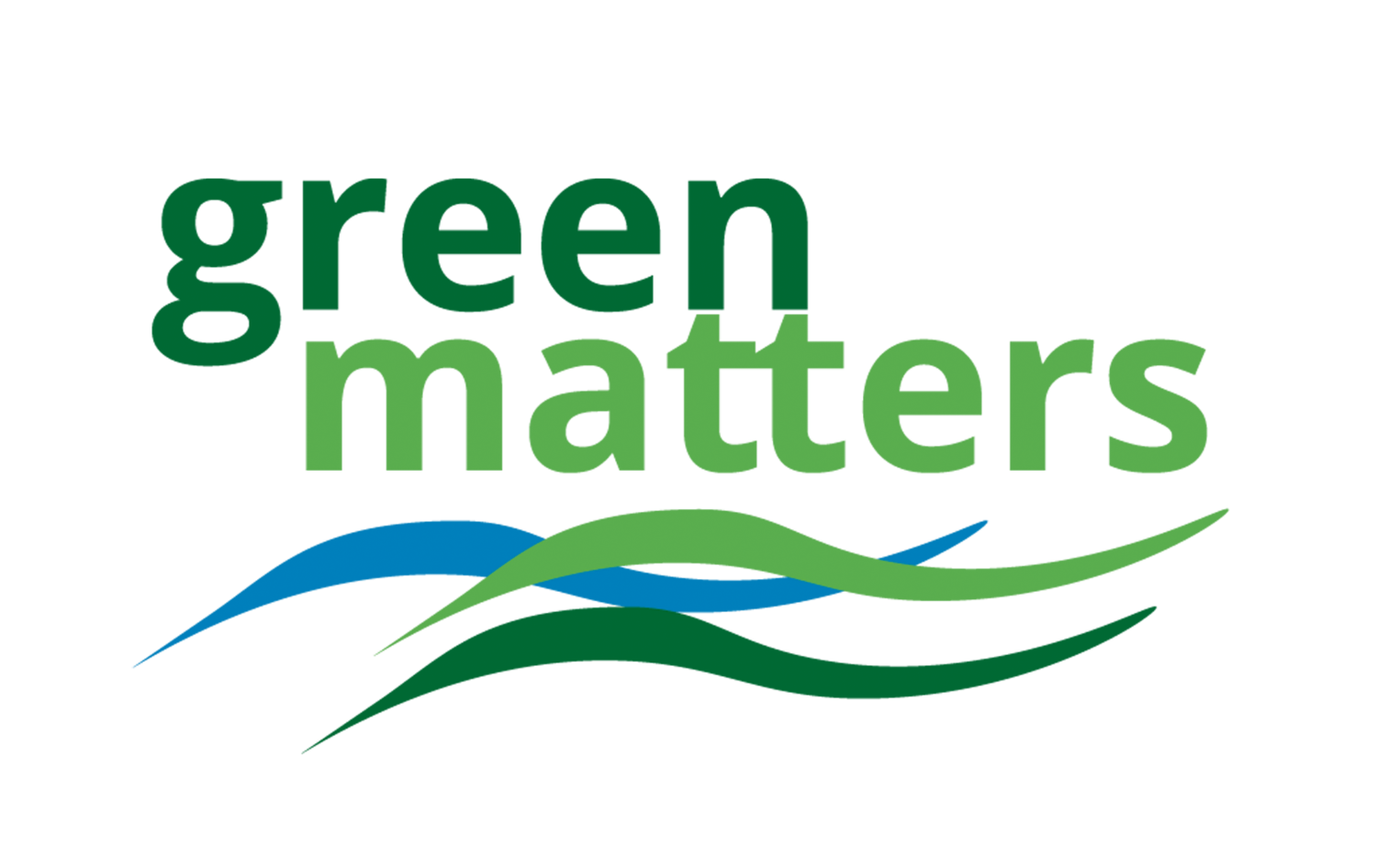Glossary
Combined Sewer Overflows (CSOs)
CSOs contain untreated or partially treated human and industrial waste, toxic materials, and debris as well as stormwater. They are a priority water pollution concern for the nearly 860 municipalities across the U.S. that have CSSs.
Environmental Justice
The fair treatment and meaningful involvement of all people regardless of race, color, national origin, or income with respect to the development, implementation, and enforcement of environmental laws, regulations, and policies.
Fair treatment means that no group of people, including a racial, ethnic, or socioeconomic group, should bear a disproportionate share of the negative environmental consequences resulting from industrial, municipal, and commercial operations or the execution of federal, state, local, and tribal programs and policies.
Meaningful involvement means that the public has an opportunity to participate in decisions about activities that may affect their environment and/or health; the public's contribution can influence the regulatory agency's decision; community concerns will be considered in the decision making process; and decision makers will seek out and facilitate the involvement of those potentially affected.
This overview is taken from the New Jersey Department of Environmental Protection web site.
Fenceline community
A neighborhood that is immediately adjacent to a company and is directly affected by the noise, odors, chemical emissions, traffic, parking, and operations of the company. Fenceline communities in the United States that are next to plants that emit hazardous waste are disproportionately inhabited by people of color and the working poor.
Frontline communities
Communities that experience “first and worst” the consequences of climate change. These are communities of color and low-income, whose neighborhoods often lack basic infrastructure to support them and who will be increasingly vulnerable as our climate deteriorates.
